World Fine Art Professionals and their Key-Pieces, 8 - Miranda Karskens
World Fine Art Professionals and their Key-Pieces, 8 – Miranda Karskens
Miranda Karskens’ studio is perfect. In front of the studio that she shares with other artists in IJsselsteijn, streams the very picturesque Hollandsche IJssel, an old Dutch River.
Sometimes she works outside of her studio in the square in front of it. ‘Especially in the summer you can work there very well. The sound of the stone cutting or the saw doesn’t disturb me.’
Absorbed by the stone
Miranda makes sculptures from various types of materials. Belgian bluestone, French limestone, springstone, serpentine, granite and different types of marble. As I walk with her along the different sculptures, I see several torsos, beautiful, black, tight and round. I see ‘toothed work’, with two figures opposite each other or next to each other, depicting a relationship. In the centre of the workplace there is on a stand a big white block of mocha that is unprocessed.
‘I’m going to make a start of it’, Miranda says. ‘But that’s always a big step. It takes a lot of necessary preparation. The block of stone stands there for weeks and sometimes for months. I start to focus on it and disconnect from the outside world; immerse myself in the stone. I work intuitively. I should ‘feel’ the stone, as it were. I go ‘into’ the stone and must get an idea as to how to proceed. Do I make a design in clay first or is it ‘taille direct’; that I immediately start to cut the stone?
‘The image is already in the stone, but I have to pull it out. Certain stones have of their own accord a form; with them you start to ‘peel’. Slowly you see the form of the work emerging. It is important to stop in time, to take some distance. So that the work gets some rest and you are able to look with an objective view at the work. It may be brief, half a week, but it may also take month or even half a year before moving on again.’
With certain sculptures I see small indentations, rough little holes. Miranda shows the instrument with which she makes this.” For this I use the boucharde hammer’”. Indeed the bottom side of the hammer has small dots. I see the other instruments. The abrasive saw, for the removal of large pieces, earmuffs, dust mask, safety goggles, chisels in many shapes and sizes, the ‘Job’, a tool for the large pieces and ‘beaters’ to beat the chisels. Files, abrasive stones, polishing sponges with diamonds on the bottom. ‘They are literally stone hard, they don’t wear out.’A water sharpener and sandpaper. ‘The scraping sometimes takes weeks. Just as long till the lines of the work are tight and the stone is shiny and polished. ‘
Abstracts and torsos
‘It is ‘living material’, you have to keep that in mind.’ I see a white line on a torso. ‘There used to be a crack in the Stone that has grown together nicely, but it’s visible. Of course that was a process of millions of years.’ Miranda also shows me the tiny fossils in the rocks. ‘It once happened to me that I split a stone, it turned out to be an unreliable stone because it was already cracked. Sometimes you can succeed in making something nice out of the chunks.
Miranda creates abstract sculptures but also female torsos, round and tight. They twist, have movement, while they radiate peace, rest, and introversion. The torsos have gotten more abstract over the years. ‘You have to still recognize it as a torso, a human figure.’ When she started, the works were figurative. ‘I see a clear development toward abstraction in the fifteen years that i’ve been working.‘
Her examples? ‘Brancusi, André Vranken, who is also inspired by the archetype of the female torso, Leo de Vries, who works almost abstract, Adriaan Seelen and Gerard van Rooij from ’s Hertogenbosch , with whom I attended workshops.’
She often visits the ‘Sculptures by in the Sea Museum Scheveningen to gain inspiration and is particularly fond of The Depot in Wageningen. ‘They publish a very beautiful magazine that you get for free every quarter.’ She shows me a few of the latest editions.
On a pink sofa
Besides sculpting, Miranda Karskens paints. Figurative works with people in poses that evoke emotions. A series with a sofa was a great success. On a pink sofa we witness different scenes and moods. From elated till deep and dark. Miranda: ‘My paintings are expressive, I paint lighpains as to create light in the background, creating depth.
Painting is two-dimensional, you try to get three dimensions by colour differences and perspective. Every time it’s a struggle. Painting is harder for me than sculpting.’
In addition she makes portraits. I see a number of works. She is unique in her ability to capture the subjects essence. They are not ‘official’ portraits. Somethings happens with the faces.
http://www.overdekunst.nl/kunstenaars/miranda-karskens-117.html
Disclaimer: The views, opinions and positions expressed within this guest article are those of the author Walter van Teeffelen alone and do not represent those of the Marbella Marbella website. The accuracy, completeness and validity of any statements made within this article are not guaranteed. We accept no liability for any errors, omissions or representations. The copyright of this content belongs to Walter van Teeffelen and any liability with regards to infringement of intellectual property rights remains with the author.

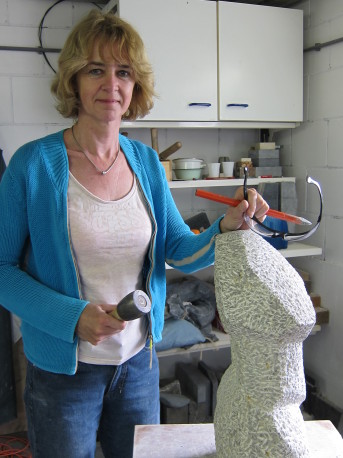
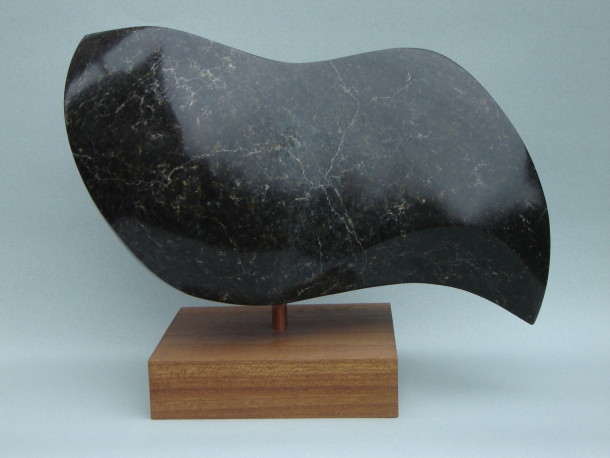
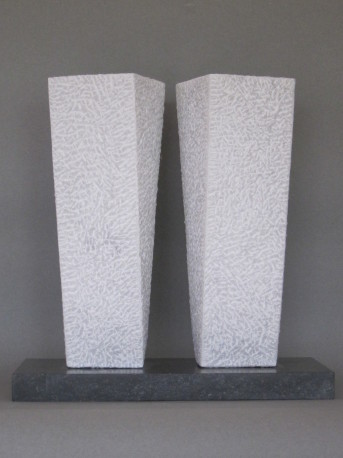
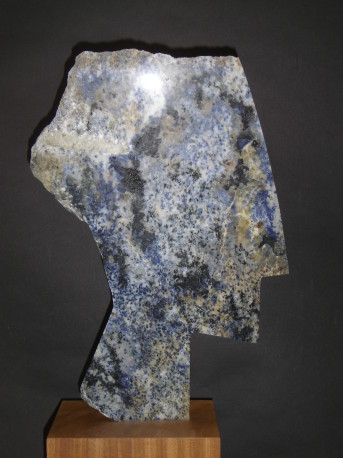
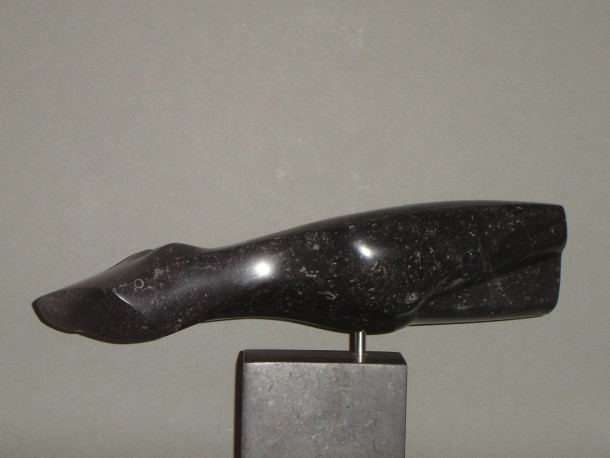
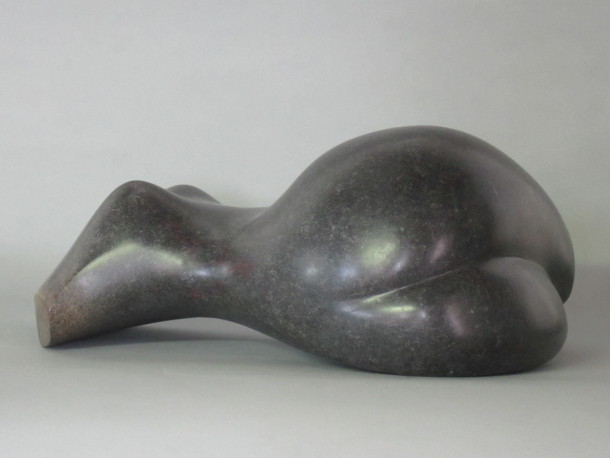
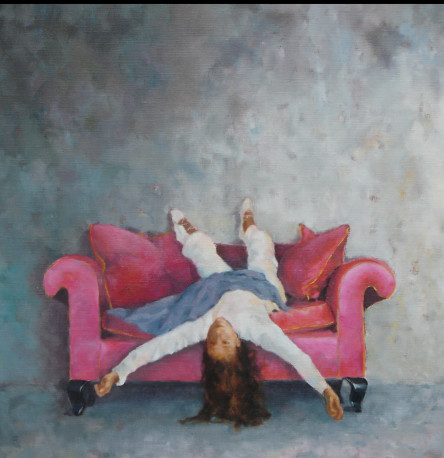
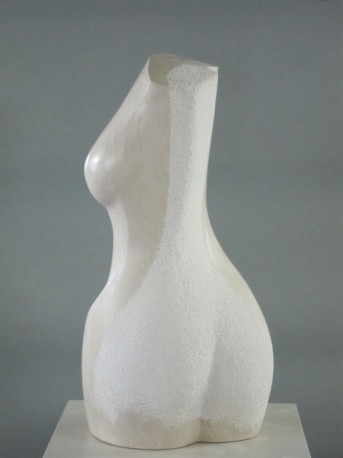
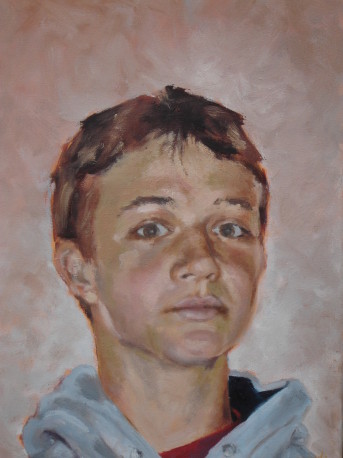
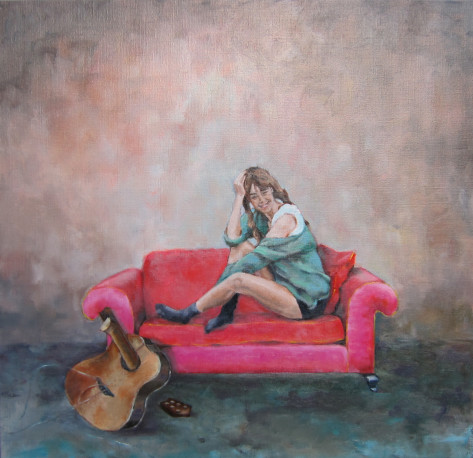
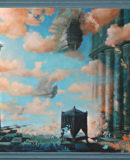










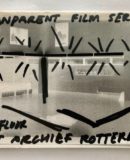


The opinions expressed by individual commentators and contributors do not necessarily constitute this website's position on the particular topic.